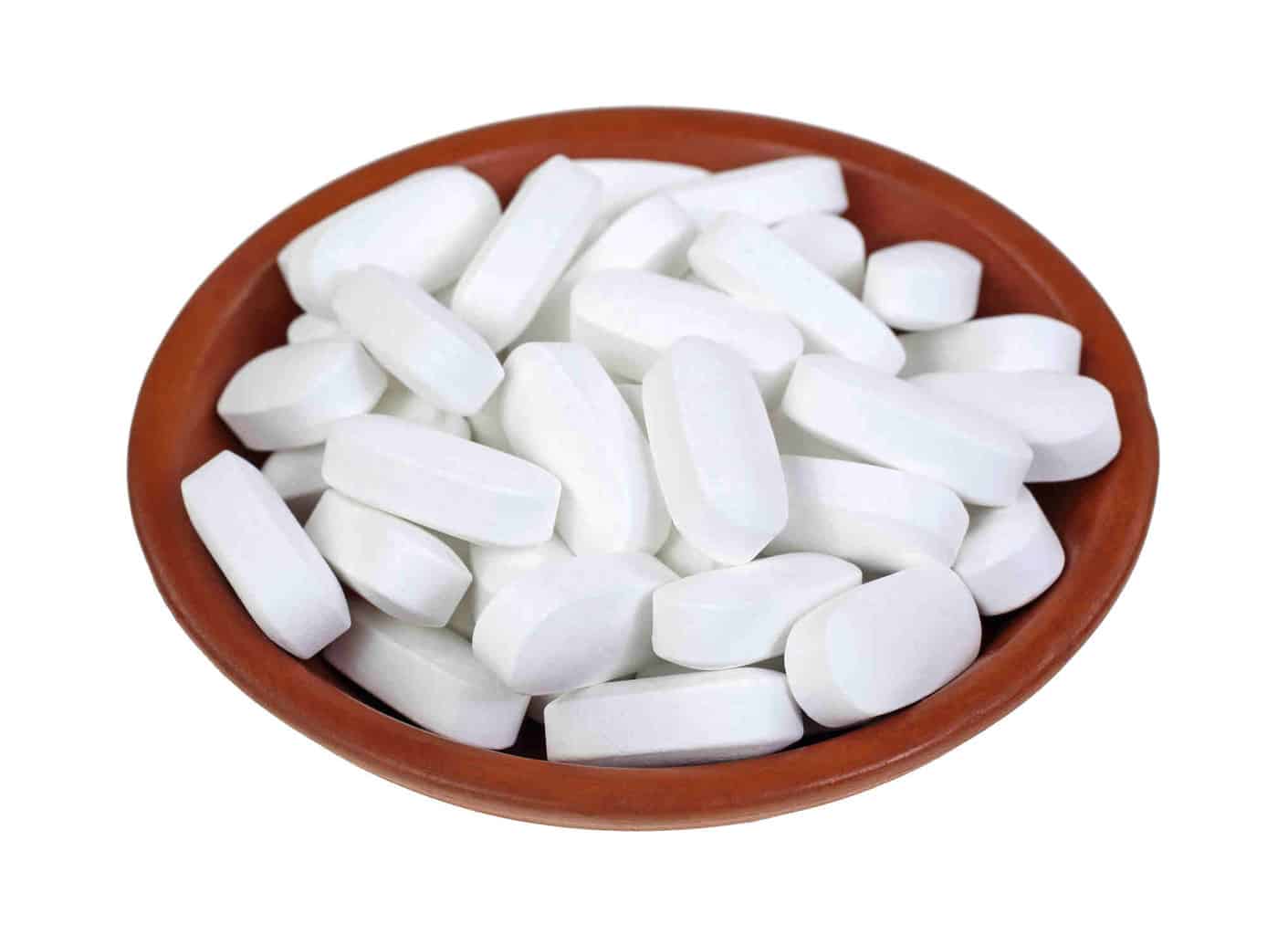
[cmamad id=”17450″ align=”center” tabid=”display-desktop” mobid=”display-desktop” stg=””]
As many as 50% of Americans taking vitamin D supplements may not get significant benefits
—–Important Message——
Discover what the longest-living people on earth do to live longer and how you can do it immediately yourself…
These people routinely live to 100, often much older…
I’ve sat at the table with men who live right on the water on stilts in Myanmar, men who live at 13,000 feet in the Bolivian alta plana, men who live in the dusty dry climates of Sicily…
And of all these men, I’ve never met men as long-lived and as potent as these men who have been drinking this green brew…

…a brew that is not available at all here in the US and most of the Western world.
Besides drinking this green brew, these older men also smoked cigarettes without filters and drank hard liquor…
So after they were feeling buzzed I asked one of them, “How old are you?”
I was thinking he’s 45 or 50. But he said, “I’m 87.” I almost fell off my chair.
I said, “I have to see your driver’s license.” So he showed it to me…
It’s true. This man was 87.
“What’s your secret?” I asked. The other men laughed.
“We drink this every morning,” they said as they pointed to the green brew…
Now, look, don’t look for this green brew at home. I tried to find it. I tried the market, I tried Amazon.com, I tried everywhere. Couldn’t find it.
But over time, I researched what was in that green brew, and I think I’ve found a supplement you can buy that contains the active ingredient. And you can get it anywhere.
Without this mineral, vitamin D supplementation may backfire
Vitamin D is a very important element of living a healthy lifestyle.
This vitamin is involved in maintaining heart and bone health.
It’s also a key factor in preventing metabolic disease.
A new paper shows that magnesium is essential for making the health benefits of vitamin D work.
Up to 50% of people are deficient in magnesium.

This review article was published in the Journal of the American Osteopathic Association. The research was conducted at Lake Erie College of Osteopathic Medicine.
This study pulls together masses of research on vitamin D and magnesium – illuminating the critical relationship between the two.
Vitamin D and magnesium are independently important to many functions in the body.
[cmamad id=”17451″ align=”center” tabid=”display-desktop” mobid=”display-desktop” stg=””]
“Magnesium and vitamin D are two essential nutrients that are necessary for the physiologic functions of various organs.”
Recently there has been a lot of research on the effects of vitamin D in relation to heart health. Magnesium also is very protective of the heart.
This study identifies the fact that magnesium is essential for the working of vitamin D.
“Magnesium is necessary for the activation of vitamin D.”
Enzymes in the body convert vitamins from one form to another.
These enzymes themselves require different vitamins and minerals to work.
The enzymes related to vitamin D are dependent on magnesium.
“All of the enzymes that metabolize vitamin D require magnesium, which acts as a cofactor in the enzymatic reactions in the liver and kidneys.”
A deficiency of either magnesium or vitamin D can lead to similar problems in terms of health. This may be because magnesium activates vitamin D.
Even though you may have enough vitamin D, your body cannot use it without magnesium.
“Deficiency in either of these nutrients is associated with cardiovascular diseases and metabolic syndrome.”
Magnesium deficiency leads to a deficiency of the active form of vitamin D, calcitriol.
Your body needs magnesium for vitamin D conversion.
“Magnesium deficiency results in reduced levels of active vitamin D.”
People who seem to be suffering from a vitamin D deficiency but who do not respond to supplemental vitamin D can see great improvement when they also get enough magnesium.
“Magnesium supplementation was shown to markedly reduce the resistance to vitamin D treatment.”
Many of the beneficial health effects of vitamin D do not occur when you are deficient in magnesium.
“The clinical benefits of vitamin D are significantly reduced when magnesium levels are not maintained.”
Large-scale studies have shown that adequate magnesium reduces the risk of vitamin D deficiency.
“High consumption of magnesium reduced the risks of vitamin D deficiency or insufficiency in the general population.”
Heart disease and colorectal cancer are associated with vitamin D deficiency.
If you get enough magnesium, you will decrease your risk of having these.
“The potential association of vitamin D with heart diseases and colorectal cancer were found to be modified by magnesium ingestion.”
Magnesium is very protective for the heart – reducing heart attacks and strokes.
“Studies have found that magnesium is highly effective in reducing the rate of heart attacks and strokes.”
Magnesium can also be a factor in blood pressure.
If you are magnesium deficient, then getting enough magnesium may help your blood pressure.
“Magnesium also helps maintain healthy blood pressure levels.”
The authors of the study found that magnesium may be more effective against bone disease than vitamin D. This may be because it activates vitamin D.
“Magnesium may be more effective in preventing bone thinning than vitamin D, as magnesium potentiates vitamin D activities.”
More and more research continues to point towards the effect of vitamin D in protecting the heart and protecting against metabolic disease.
It is important to understand the role of magnesium in activating vitamin D.
“Dysregulation in either of these nutrients can be associated with various disorders, including cardiovascular disorders, and metabolic syndrome.”
Too much vitamin D from supplements could potentially cause you problems.
Too much magnesium taken orally tends to be excreted from the body quite rapidly.
You should try to get these nutrients from food – or sunlight, in the case of vitamin D.
You should see a healthcare professional if and when high-dose vitamin supplementation is required.
—–Important Message——
Confused? What supplements and minerals do you REALLY need?
How much magnesium and calcium should you get?
What if you eat a lot of cheese or drink milk?
Don’t magnesium and calcium receptors in the body compete? Should you take these at the same time or at different times?
How much vitamin D is too much? If you get a lot of sun do you really need extra vitamin D?
How can you get enough minerals and vitamins from real food?
So confusing…

—————


Leave a Reply